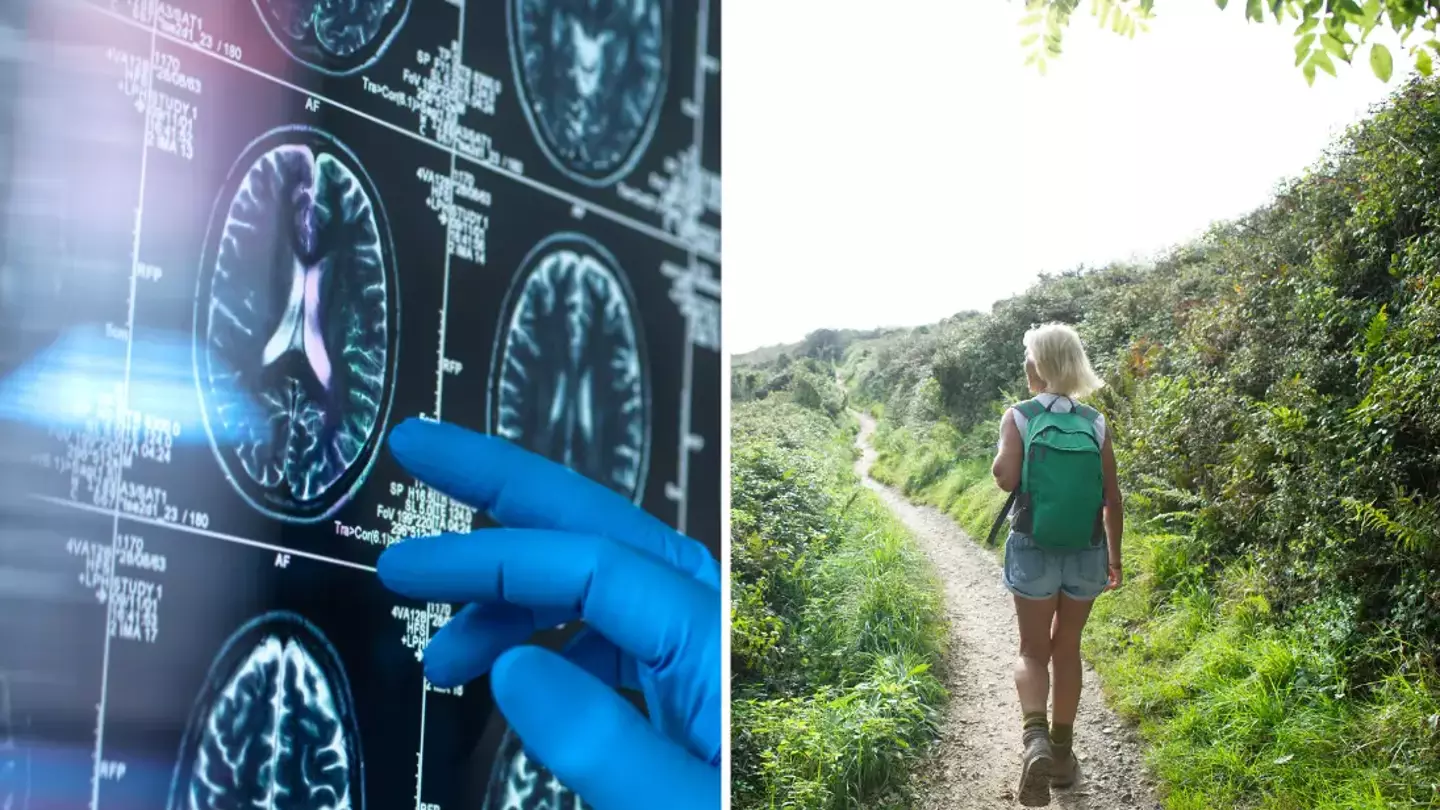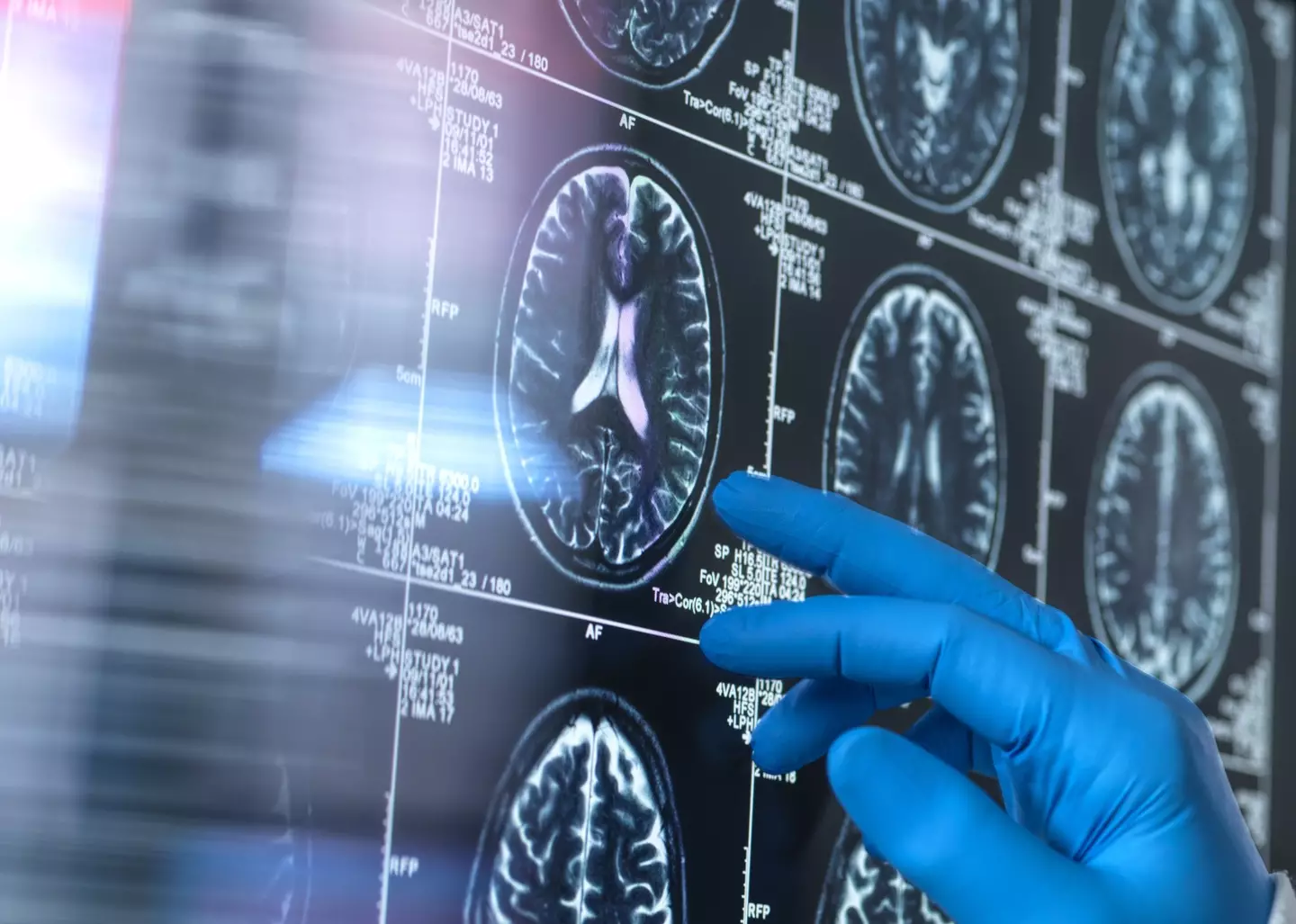
Research has revealed that there is one physical attribute that has been linked to dementia - and it’s not an obvious sign at all.
Health conditions have long been found to provide people with little clues well before the main symptoms present themselves.
From your poop colour telling you about possible cancer or your nails giving you clues to your overall health, there’s tonnes of ways your body lets you know about what could be down the line for you.
Advert
But this one characteristic could show that you’re experiencing a cognitive decline or even dementia.
According to a new study, which polled over 16,800 healthy people over the age of 65 between 2010 and 2017 in the US and Australia, there’s one thing in common that leads to dementia.
As per the NHS, dementia is ‘a syndrome associated with an ongoing decline of brain functioning’ which can cause severe forgetfulness and memory loss as well as the loss of speech.
The BBC was recently praised for its documentary for Dementia Action Week, showcasing the realities of the disease.
The study was published in JAMA Network Open and found that a slow walking speed is a clue to you developing the condition.
This was found after researchers measured participants’ walking speed and also performed cognitive tests every two years to see how they performed.

The study went on to reveal that those who lost 2 inches per second a year of walking speed and slower cognitive ability had a higher risk of dementia, compared to those who were ‘non-decliners, cognitive-only decliners or gait-only decliners’.
Dr Taya A. Collyer, PhD, the lead author of the study which was concocted by the Monash University in Australia, shared to Fox News Digital: “The combination of declining memory and slowing gait seems to be a stronger indicator of future dementia risk than decline in one of those things alone.”
According to Dr Amy Brodtmann, a professor of the Cognitive Health Initiative at the university, it’s been long reported that those who are developing dementia slow down.
She said: “There has long been an assumption that a slowdown — of walking, thinking and actions — is a sign not just of aging, but of developing cognitive impairment and dementia.”
Edward Farrell, a physical therapist and certified strength specialist at Physical Solutions Physical Therapy and Fitness added that even the gait of how someone works can indicate a cognitive decline, sharing: “Our gait pattern and speed requires reflexive planning, adjustments to surfaces, and focus and attention, which are often impaired with cognitive diseases.”
Research shows that up to 45 per cent of dementia cases could be prevented by incorporating healthier lifestyles, with Lancet Commission sharing that we need to fully address 14 lifestyle factors.

This includes smoking (or vaping), diabetes, physical inactivity, depression and a high LDL cholesterol.
Farrell explained that keeping your gait in top-notch condition requires exercise on top of a healthy lifestyle, stating: “Regular strength training like squats, step-ups, bridges and leg lifts can keep our foundational muscles strong as we age.
“Stretching to keep hamstrings, hip flexors and calf muscles limber allows for more free mobility to walk.”
You could even try the ‘backwards’ walking trend to get your body used to a varied fitness routine.
If you think your lifestyle might put you at risk for developing a cognitive condition, speak to your healthcare provider for help and advice.
